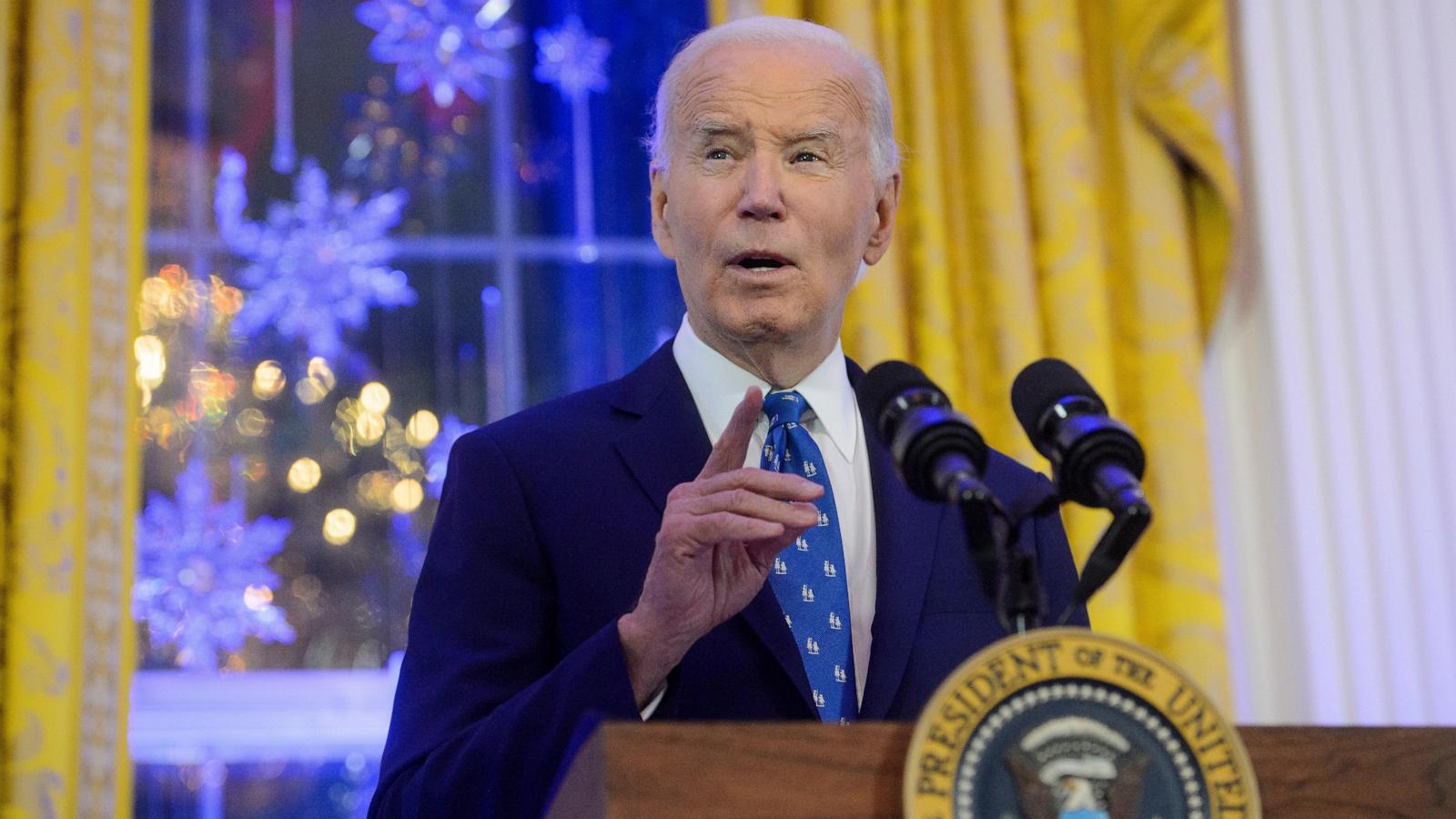$895 Billion Defense Bill Signed: Historic Pay Raises and a Confrontational Stance Against China
President Biden just signed a monumental defense bill, authorizing a whopping $895 billion for the Pentagon! This isn't just another bill; it's a game-changer, packing significant pay raises for junior enlisted service members, a robust counter-strategy against China's rising influence, and investments in cutting-edge military technologies. But it's not all smooth sailing; the bill also sparked controversy over provisions restricting transgender healthcare access for military families.
Junior Enlisted Get a Major Pay Bump: A Historic 14.5% Raise!
The bill introduces a substantial 14.5% pay raise for junior enlisted personnel—a historic increase aimed at boosting recruitment and retention. This move directly addresses the challenges faced by military families, particularly those with junior members. This isn't just good news; it's a much-needed recognition of the service and sacrifices made by our nation's junior military members and their families.
Impact on Military Recruitment and Retention
This significant pay raise is predicted to have a remarkable effect on military recruitment and retention rates, addressing a critical issue impacting armed forces worldwide. Attracting and retaining talented individuals for military service is crucial for national defense and stability, and providing financial security is essential to meet this critical goal. The economic stability provided by these pay increases will make serving in the military a far more enticing option for potential recruits. The economic impact on military families, especially younger service members, is likely to have significant ripple effects in communities across the nation. This should lead to more capable, financially secure military personnel protecting our country.
Confronting China's Growing Influence: A Proactive Approach
The bill adopts a proactive strategy to counter China's global power surge. This includes establishing a dedicated fund to bolster Taiwan's defense capabilities—echoing similar U.S. support for Ukraine—signaling a clear, unyielding response to China’s threats in the region. This critical fund is a strategic investment in national security, representing a calculated and essential response to shifts in international relations. In a world grappling with escalating geopolitical tensions, proactive diplomacy and military support, as outlined in this new defense bill, is absolutely crucial.
Investment in AI and Ammunition Production: Securing the Future of Defense
The new funding allocates considerable resources to crucial advancements in military technology, such as Artificial Intelligence (AI) and significantly increasing ammunition production. Investing in next-generation defense technology, from artificial intelligence systems to ammunition production, is critical for staying ahead in this ever-evolving landscape. This forward-looking strategy aims to modernize military capabilities, improving their capacity and preparedness to tackle new challenges.
Banning Chinese Goods: Protecting National Security
The bill reinforces the ban on procurement of Chinese products for the military, encompassing everything from everyday supplies to sophisticated drone technology. These policies are designed to guarantee supply-chain security and prevent potential technological espionage, reinforcing the focus on strengthening national defense from external threats.
Impact on US Military Supply Chain
This focus on banning Chinese imports directly addresses concerns about the dependence on foreign sources in the US military supply chain. A resilient, robust, domestic supply chain is crucial to a country’s national security and self-sufficiency. While this approach may lead to immediate short-term market challenges, ensuring a long-term domestically controlled supply chain outweighs the disadvantages in ensuring security. In addition, these regulations can encourage the growth of new US companies, making this strategy both beneficial in improving security and spurring US technological and industrial expansion.
Controversial Provisions: Transgender Healthcare and Guantanamo Bay
While the bill boasts significant wins for the military, certain provisions generated significant debate and controversy. One point of contention involved limitations on the provision of transgender medical treatments for children of military families and restricting the use of funds to relocate detainees from Guantanamo Bay.
Impacts on Military Families and Policy
The inclusion of such provisions, particularly regarding access to transgender healthcare for children in military families, raises considerable ethical and policy-related considerations. This has ignited extensive public discourse concerning the role of government interference in parental medical decisions, specifically highlighting the challenges faced by LGBTQIA+ military families. While the intent may differ, the impact is an increase in difficulty experienced by families already burdened with considerable stresses relating to having family members serving in the military.
Take Away Points:
- The $895 billion defense bill represents a significant investment in the nation's security.
- Junior enlisted service members will see a historic 14.5% pay raise.
- The bill adopts a more aggressive approach to counter China's influence.
- The legislation contains controversial restrictions on transgender healthcare for children in military families.
- Banning of Chinese products enhances national security.




